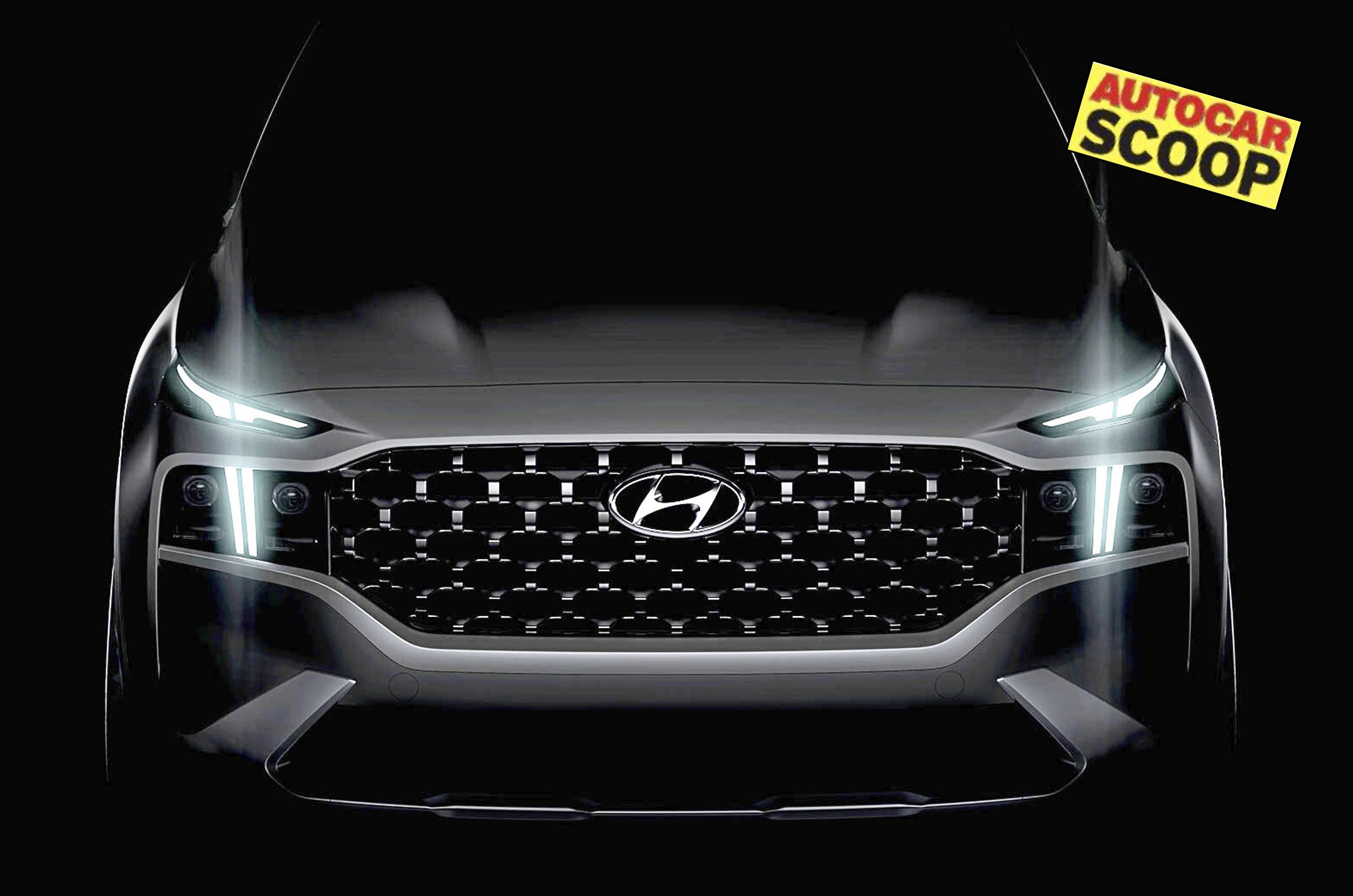Hyundai Motor India has begun work on an all-new SUV slated to hit the roads in 24 to 30 months from the company’s newly acquired General Motors facility in Talegaon, on the outskirts of Pune. Internally codenamed Ni1i, this new SUV will be positioned above the Alcazar but below the Tucson in the brand’s portfolio.
More importantly, this new SUV will be the first Hyundai model for India to come with a petrol-hybrid powertrain. The Korean brand is expected to introduce its strong hybrid alternative in about two years to challenge Japanese rivals Maruti Suzuki and Toyota Kirloskar, both of which have received a positive response from the market. Sales of petrol-hybrid SUVs are gaining popularity in India, and with this all-new model, Hyundai would aim not to miss out on this trend.
- Hyundai Ni1i SUV to rival Tata Safari, Mahindra XUV700
- Hybrid powertrain could be based on the 1.5-litre NA petrol engine
- New SUV will be among the first Hyundai models to be made at Talegaion plant
Hyundai Ni1i SUV: what exactly will it be?
While not much is known about this SUV yet, sources tell us it will be targeted as a spacious three-row offering from the Korean brand, aimed squarely at the XUV700 and the Safari. It is expected to be slightly longer than the Tucson, which measures 4,630mm in length. According to sources, this new SUV could be based on the Tucson LWB sold in China, which is 4,680mm long, providing generous cabin space, especially in the third row. In comparison, the XUV700 measures 4,695mm, and the Tata Safari is 4,668mm long, both offering significantly better third-row space than the Alcazar.
As mentioned, Hyundai will kick off its petrol-hybrid innings in India with this SUV. While powertrain details are not yet available, the Tucson in international markets comes with a 1.6-litre petrol hybrid setup shared with a few other Hyundai and Kia models. Hyundai could add this hybrid setup to its existing 1.5-litre NA petrol engine to keep costs in check.
The brand plans to produce around 50,000 units of this C-segment SUV annually, although the share of the hybrid powertrain is yet to be ascertained. This would mean that by the end of this decade, the South Korean carmaker will offer nearly half a dozen different powertrain options in India – petrol, diesel, CNG, ethanol, electric, and hybrid.
When launched, this model will challenge Maruti Suzuki’s upcoming C-segment SUV (Codenamed: Y17), produced at the Japanese carmaker’s Kharkhoda facility. It will also compete with the segment leader, Mahindra XUV700. This new SUV will be among the first models to roll out from the Talegaon plant, with the first units expected by 2027. Additionally, Hyundai will build the next-gen Venue at this facility.
Growing trend of strong hybrid vehicles in India
The share of hybrid vehicles rose to 89,000 units, accounting for 2.1 percent of the 4.23 million units in the Indian passenger vehicle market. This figure trailed battery electric vehicle sales by just 10,000 units, with approximately 99,000 electric vehicles sold in FY-24.
Japanese majors, such as Suzuki and Toyota, are riding the hybrid bandwagon in the country. Hyundai’s sister brand, Kia India, will likely introduce its strong hybrid alternative in the market, but the model is yet to be ascertained.
While homegrown rivals Tata Motors and Mahindra & Mahindra have placed their 100 percent bet on battery electric vehicles. The maker of the Scorpio and XUV has clarified that if demand for hybrid cars continues to grow and customers express interest in that option, M&M may consider that alternative in the future.
A variety of hybrid powertrain options are likely to hit the roads soon. JSW, MG Motor, and BYD India are planning to introduce plug-in hybrids. Market leader Maruti Suzuki aims to introduce a series hybrid – a more affordable solution in the compact car segment – in the coming years.
Maruti Suzuki has projected sales of about 7.5 lakh hybrid vehicles by the end of FY31, accounting for nearly a fourth of its total sales. The company expects that the share of EVs will be lower, at around 15 percent.
With inputs from Akbar Merchant
Also see:
Hyundai, Skoda join hands to accelerate hydrogen adoption

























